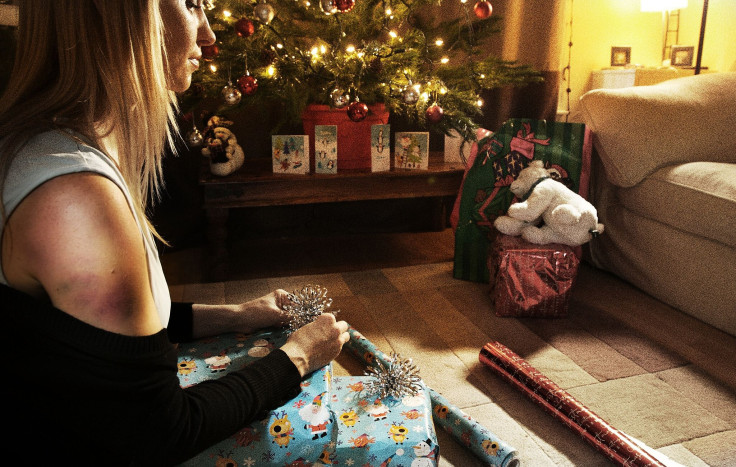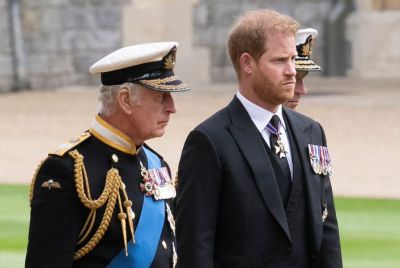English Town Reports Domestic Abuse Support Referrals Still 'Too High'
Gateshead abuse referrals down from last year, yet crisis deepens with thousands still needing lifesaving help

Gateshead Council saw a significant drop in last year's domestic abuse referrals, but the numbers remain 'too high.'
The English town's annual data recorded a decline in referrals in 2024/2025, with 1,908 cases made by their local domestic abuse team, compared to the total of 2,298 cases from the previous year.
Still, the referrals for support remain significantly high, with a total increase of 22.9% during the last four years. Out of all these cases, 45% of the referrals were classified as medium risk, while 43% belonged to the high risk classification.
What the Numbers Revealed?
The areas classified with the highest rates of domestic abuse referrals include Dunston and Temas, Blaydon, Lamesley, Lobley Hill and Bensham, Deckham, High Fell, Windy Nook and Whitehills, Pelaw and Heworth, and Felling.
The data from the council also segregated the types of abuse reported, with emotional abuse/controlling behaviour or jealousy leading at 71.2%. Cases of physical abuse were seen in 54.6% of the referrals, while verbal harassment was at 53.6%. Other types of abuses like sexual violence happened in 18.8% of all the cases, and financial abuse is at 6.2%.
What Needs to be Done?
Gateshead Community Safety Board chair Councillor Angela Douglas stated: 'Here in Gateshead, we have recently launched our Domestic Abuse Partnership Strategy, and are proud of the work being done in our area to prioritise the prevention of domestic abuse and hold perpetrators to account.'
She also mentioned that the town's highly skilled domestic abuse professionals are using a holistic approach to provide the best kind of support to the victims of domestic abuse according to individual needs.
Charity organisation Refuge, known for supporting domestic abuse victims, is demanding to see more funding directed to councils and other victim support organisations from the government.
'The Government must take urgent action if it is to achieve its pledge to halve VAWG within the next decade. At the centre of this plan must be ring-fenced, multi-year funding for specialist organisations to ensure as many survivors as possible can access lifesaving support.'
Help Is on the Way
The data also discovered that out of the 1,908 referrals, 80% got advice and support from the local domestic abuse experts, with 13.6% of those receiving one-to-one help, and 65% of the cases had a harm reduction. There were also 96 people assisted in a council property between 2024 and 2025, with 27 relocated to a refuge or supported home, 13 people moved to a privately rented property, and 16 individuals went to a property owned by a registered provider.
Participants of the domestic abuse referral services understood the importance of data. According to an anonymous individual, 'It is really beneficial if people are in this situation, it really does make me realise what the problem is and highlights other problems that I didn't know existed at the time. It has opened my mind to a lot of stuff and I see it in everyday life. I wish I didn't have to do it but I'm so glad I did.'
The 24-hour National Domestic Abuse Helpline organised by Refuge is available on 0808 2000 247. People can also reach out through a confidential live chat online via www.nationaldahelpline.org.uk.
Writer's pick
- What Happened to Tony Hudgell? The Story of Abuse, Survival and Why His Parents' Release Shocks Britain
- UK Judge Slammed for Wishing 'Freed' London Bombing Suspect Well, Urging Him to Stay on Medication
- Is Banksy Guilty of 'Criminal Damage' and Should He Now Be Unmasked? Jail Time and Fines the Artist Now Faces
© Copyright IBTimes 2025. All rights reserved.




















